Ayahuasca Helped Will Smith ‘Surrender’ and More Psychedelic Revelations From Actor’s Memoir ‘Will’
“If I’m this beautiful, I don’t need #1 movies to feel good about myself,” Will Smith writes in memoir detailing his first ayahuasca ceremony.

“If I’m this beautiful, I don’t need #1 movies to feel good about myself,” Will Smith writes in memoir detailing his first ayahuasca ceremony.
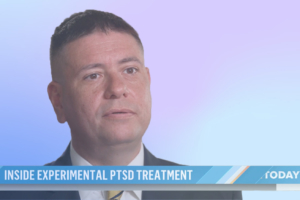
“This treatment is the reason that my son has a father instead of a folded flag,” a once-suicidal Iraq War veteran tells Savannah Guthrie.
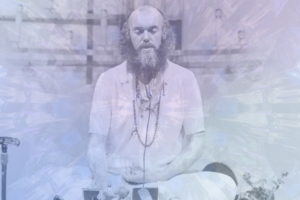
Psychedelic Spotlight trips with Ram Dass at the 50th anniversary celebration of the spiritual teacher’s iconic book.
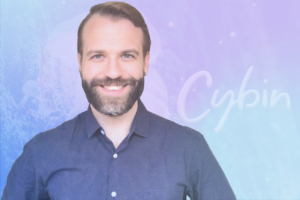
“Something that people used to speak about only in whispers is now standard policy,” says the psychedelics researcher, with 20 years of experience, in a wide-ranging Q&A.
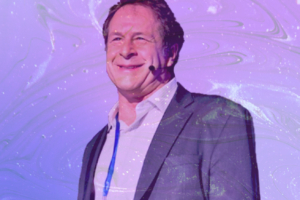
The MAPS founder, who will speak at psychedelic conference Wonderland Miami next month, predicts clinics that administer the medicines will become licensing bodies for personal use.

“Let’s spend the time researching, looking into how these plant medicines were made to help us,” the two-time Grammy winner says during end-of-life psychedelic conference.
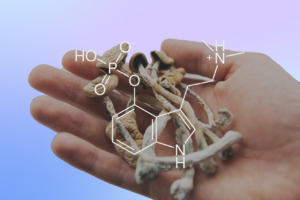
CEO James Lanthier compares psychedelic medicines to aspirin, and explains why the company’s lead candidate may be better than psilocybin.

But the 23-year-old actor and musician doesn’t specify which psychedelics he uses to explore “mystical states of consciousness.”
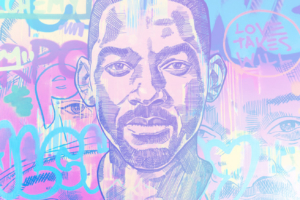
And it sounds like we’ll hear more about his psychedelic experiences on ayahuasca in his upcoming memoir, simply titled “Will.”
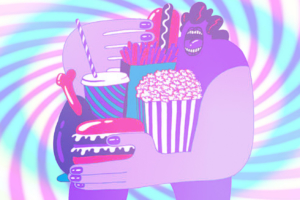
The psychedelic bioscience company’s top advisor tells Psychedelic Spotlight that psilocybin “affects at least the 5h2C receptor, which is dedicated towards appetite and appetite suppression.”
End of content
End of content
By signing up to the Psychedelic Spotlight newsletter you agree to receive electronic communications from Psychedelic Spotlight that may sometimes include advertisements or sponsored content.